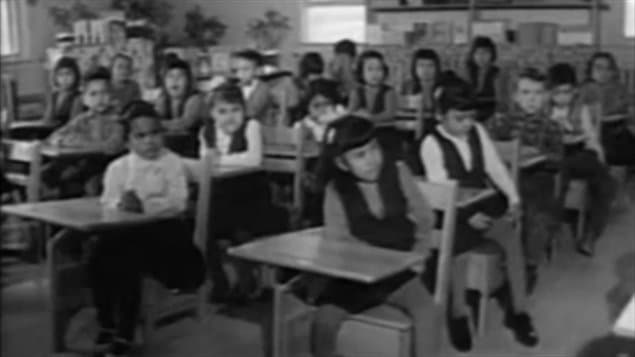The government’s approach to settling native abuse claims now seems “very mean spirited and very adversarial,” says lawyer Steven Cooper. He has represented several hundreds of Aboriginals who were forcibly taken from their parents and sent to residential schools where they suffered physical and sexual abuse.
These boarding schools were set up in the late 1870s and the last one was dismantled in 1996. At the time it was thought the children would be better off if they adapted to non-native life so they were forbidden to speak their native languages or observe their own customs. They were often horribly mistreated and there was a high mortality rate.

Compensation offered
Canada’s prime minister officially apologized for the horrors of the residential school system and in 2007 the government passed the Indian Residential School Settlement Agreement. This provided for the establishment of a Truth and Reconciliation Commission and a system to compensate victims of abuse.
Now lawyers say they are seeing delays and having to launch more appeals of settlements than they have in the past. Cooper says the way the government is now handling assessment claims is no longer in the spirit of truth and reconciliation or collaboration. And, he say, it’s taking its toll on claimants.
Claimants appalled
“My clients are phoning in saying ‘I’m going to hang myself, I am going to kill myself, I can’t stand this anymore,” says Cooper. “We are getting e-mails daily from a couple of clients saying ‘where is the decision?'”
Claim system overwhelmed
In response, the Chief Adjudicator for the Independent Assessment Secretariat, Dan Shapiro, says his staff are doing everything they can. He notes the secretariat expected about 12,500 claims but instead has received almost 38,000.
Not good enough, says Cooper, adding that if the secretariat is overwhelmed it should hire more people to process the claims.







For reasons beyond our control, and for an undetermined period of time, our comment section is now closed. However, our social networks remain open to your contributions.